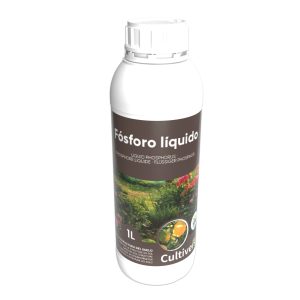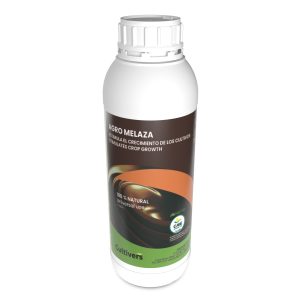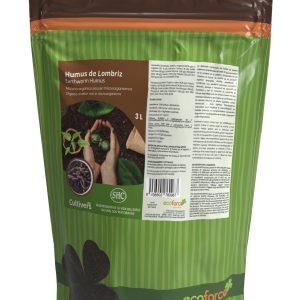Winter may seem like a time when the garden takes a break, but the truth is that it also offers many opportunities to enjoy and work in the garden. With proper care and the right crops, you can maintain a productive garden and prepare the soil for the next season.
In this guide, we will tell you how to take care of your garden during the winter, what crops are ideal for this season and what tasks you can do to make the most of this season.

How to take care of the vegetable garden in winter?
Winter brings low temperatures, frost and fewer daylight hours. This means that plant needs change, and it is important to adapt garden care to protect crops and keep the soil in good condition.
Protects plants from the cold
If you have frost-sensitive crops, such as some leafy vegetables, use thermal blankets or small greenhouses to protect them. You can also use mulches of straw or dry leaves around plants to insulate them from the cold.
Controls irrigation
Although plants need less water in winter, you should not neglect watering, especially if you have dry days. Water during the warmest hours of the day to prevent water from freezing and damaging the roots.
Enriches the soil
Winter is an ideal time to work the soil. Adding organic manures or compost will help prepare the soil for spring. This will allow nutrients to slowly incorporate and be ready when temperatures rise.
Keep the orchard clean
Remove fallen leaves and crop debris to prevent the proliferation of pests and diseases. This simple habit will help keep the garden healthy during the winter.

What to plant in winter?
Although winter is a slower season, there are many crops that adapt well to the cold. Here are some of the most recommended options:
Root crops
- Radishes: They grow quickly and are resistant to cold.
- Carrots: They need a loose and well-drained soil.
- Turnips: Perfect for winter, as they tolerate low temperatures.
Leafy vegetables
- Winter lettuces: Varieties such as endive or arugula withstand the cold well.
- Chard: They grow all year round and resist even light frosts.
- Spinach: Ideal for harvesting in a few weeks.
Other options
- Garlic and onions: You can sow them in winter to harvest them in spring or summer.
- Peas and beans: They tolerate the cold well and enrich the soil with nitrogen.
Essential tasks in the vegetable garden during the winter
In addition to planting hardy crops, there are other tasks you can do to keep your garden in top condition:
Pruning trees and shrubs
Winter is the perfect time to prune fruit trees and shrubs. This stimulates the growth of new branches and removes damaged or diseased parts.
Preparing the soil
If you do not have crops in any area of the garden, you can use green manures or mulch the soil to protect it from erosion and improve its fertility.
Check tools and structures
Take advantage of the winter to clean and sharpen your tools. It is also a good time to check greenhouses, stakes and fences to make sure they are in good condition.

Recommended winter fertilizers and fertilizers
At this time, it is ideal to apply organic fertilizers that decompose slowly, such as compost, manure or worm castings. These nutrients will be incorporated into the soil during the winter and will be available to the plants in the spring.
If you need specific products, in our online store you will find perfect options to enrich your garden.
-
 Ecological Liquid Phosphorus FertilizerPrice range: 19.90€ through 69.90€
Ecological Liquid Phosphorus FertilizerPrice range: 19.90€ through 69.90€ -
 Agro Cane molasses for plantsPrice range: 15.90€ through 69.99€
Agro Cane molasses for plantsPrice range: 15.90€ through 69.99€ -
 Earthworm HumusPrice range: 8.99€ through 19.90€
Earthworm HumusPrice range: 8.99€ through 19.90€
Information note: Bulk fertilizers for professionals and small farmers
If you are an agricultural professional or a small farmer interested in bulk fertilizers to improve your orchard during the winter, please contact us at tecnico@cultivers.es. We will be pleased to advise you and offer you solutions adapted to your needs.



